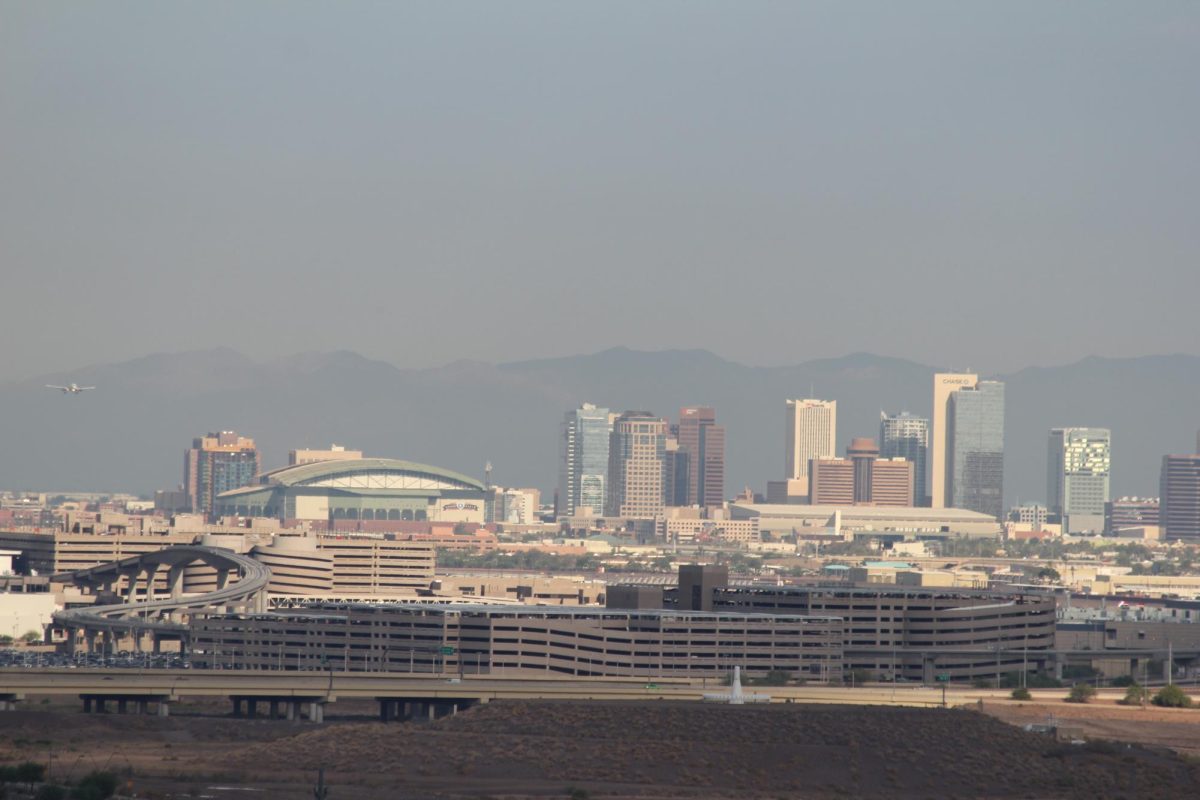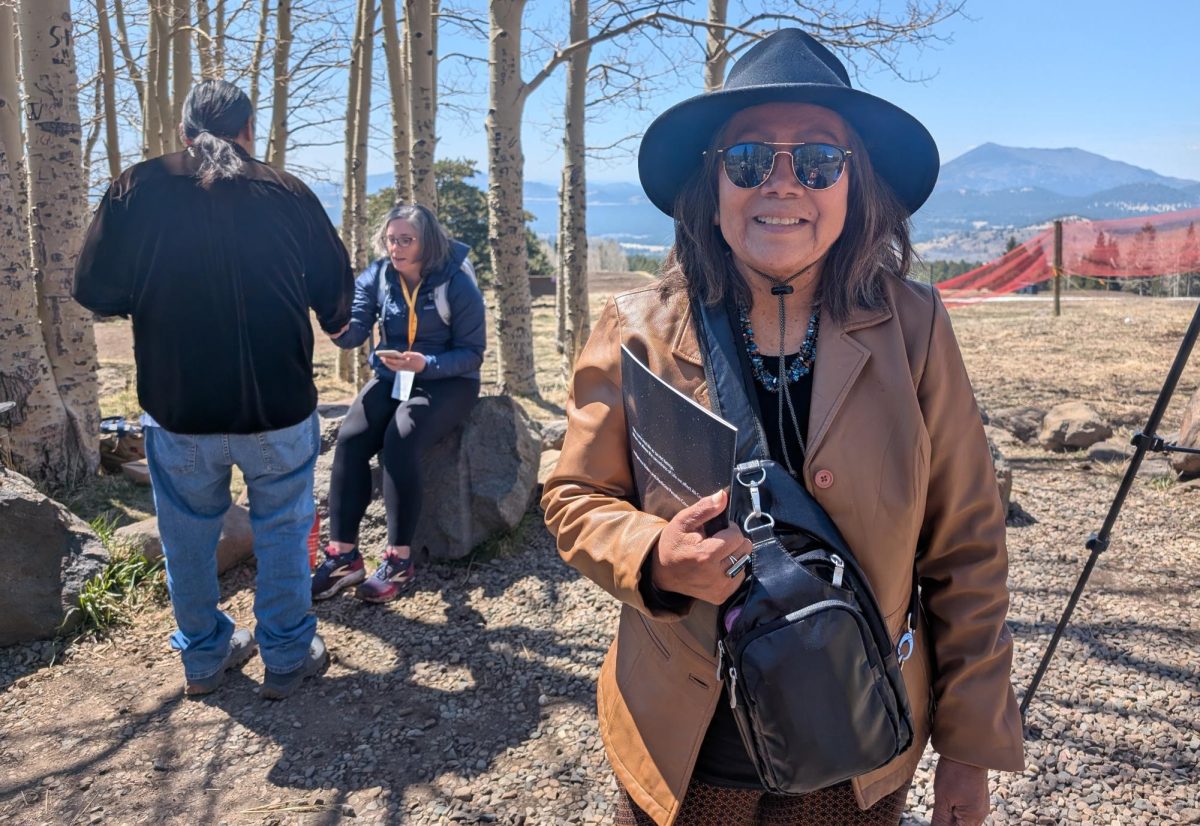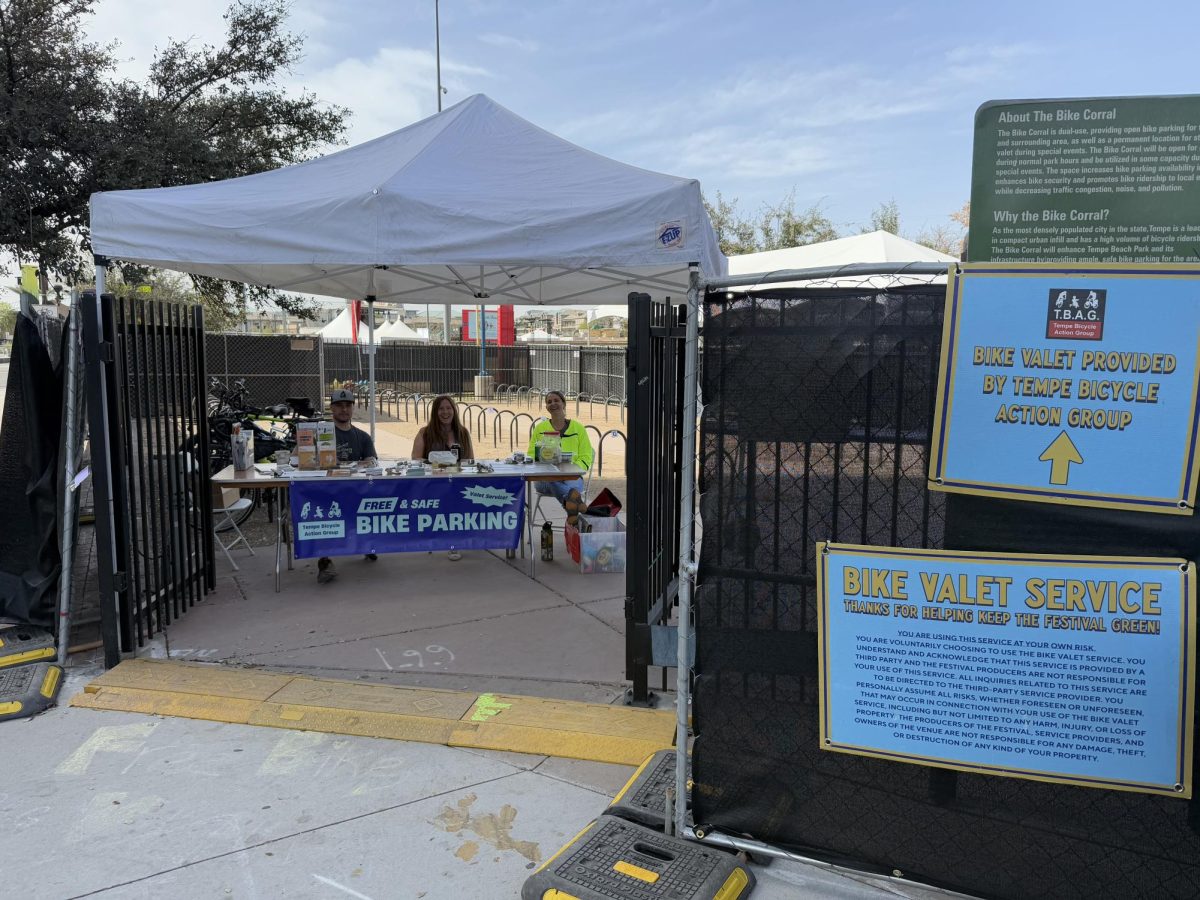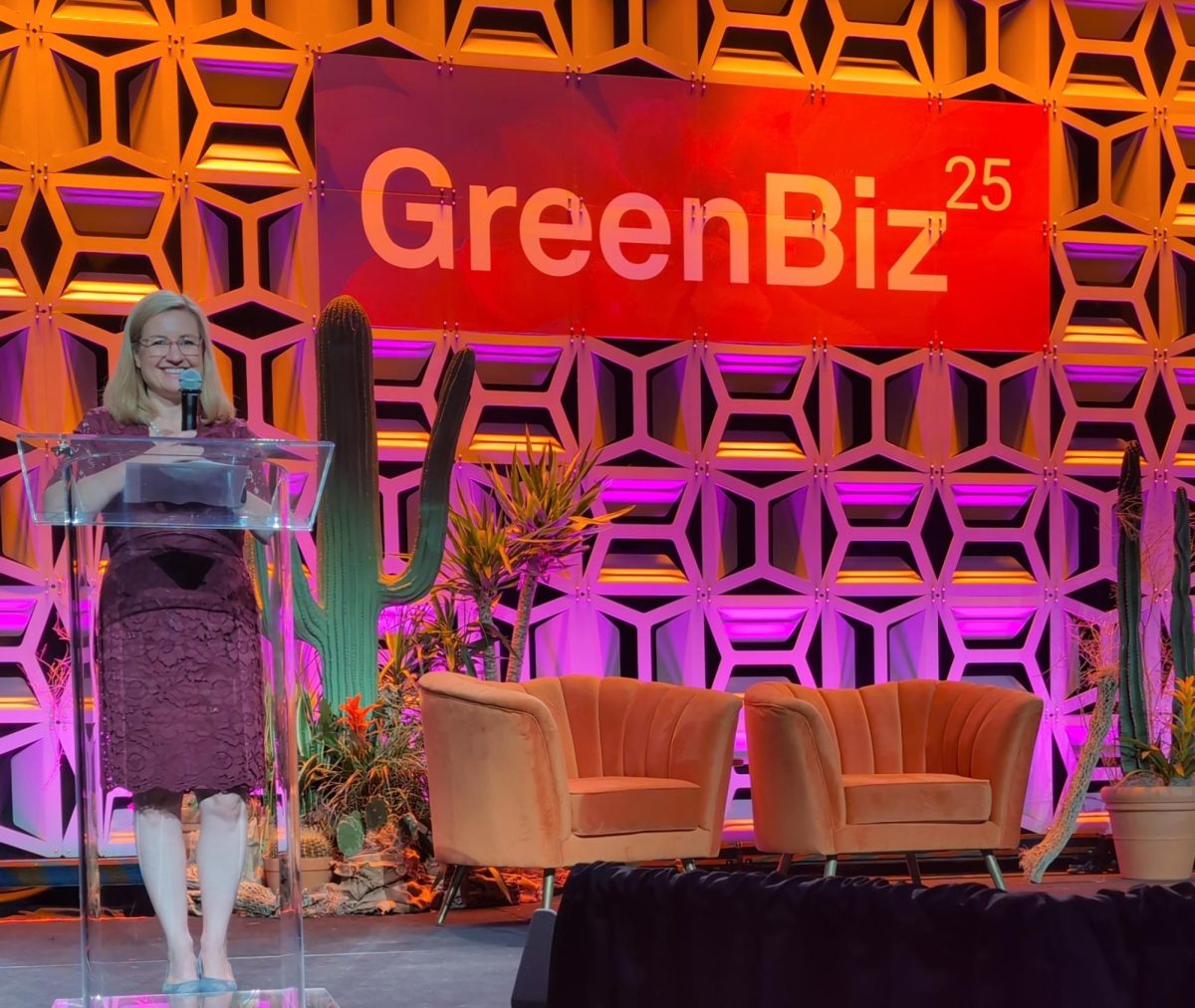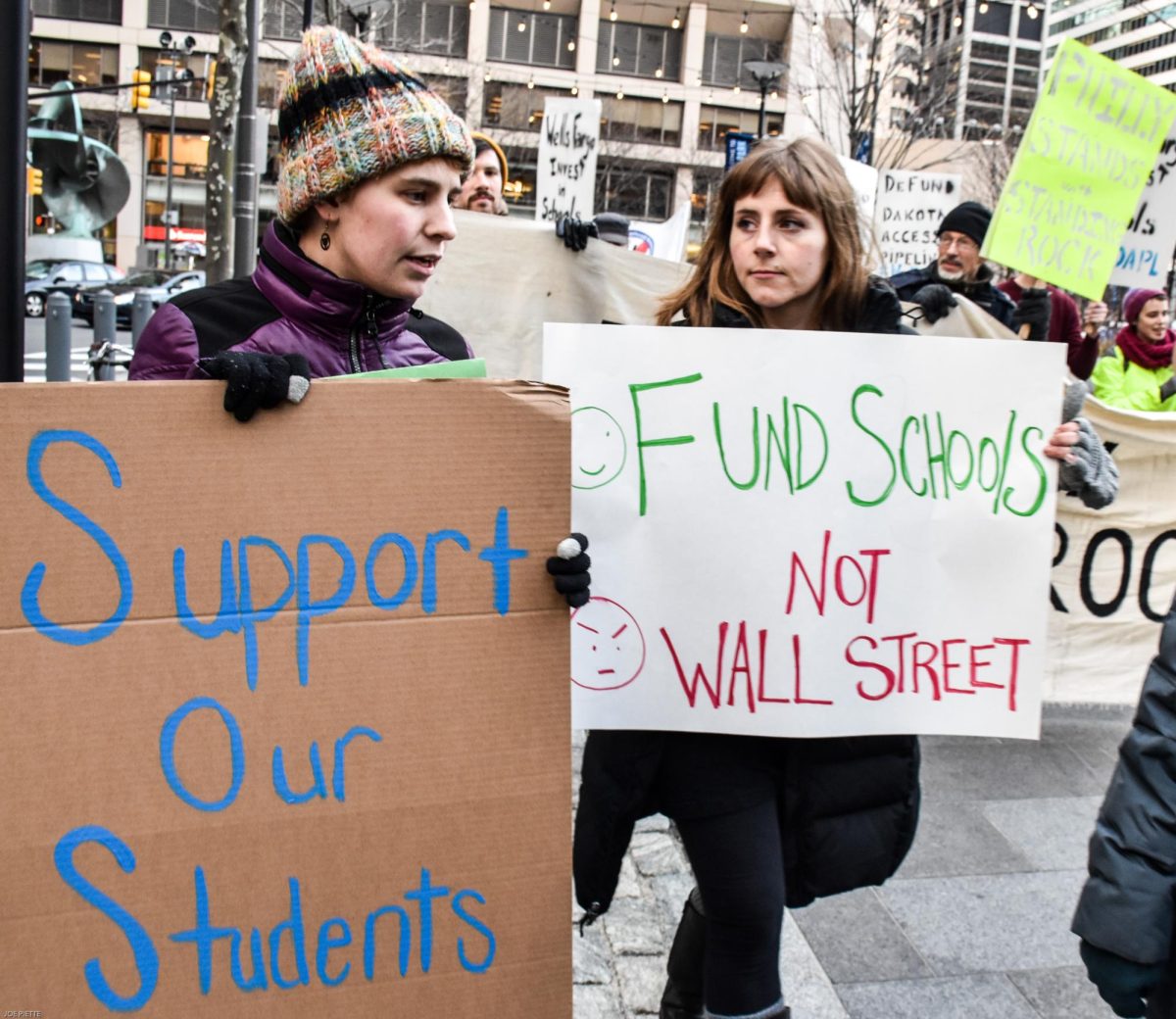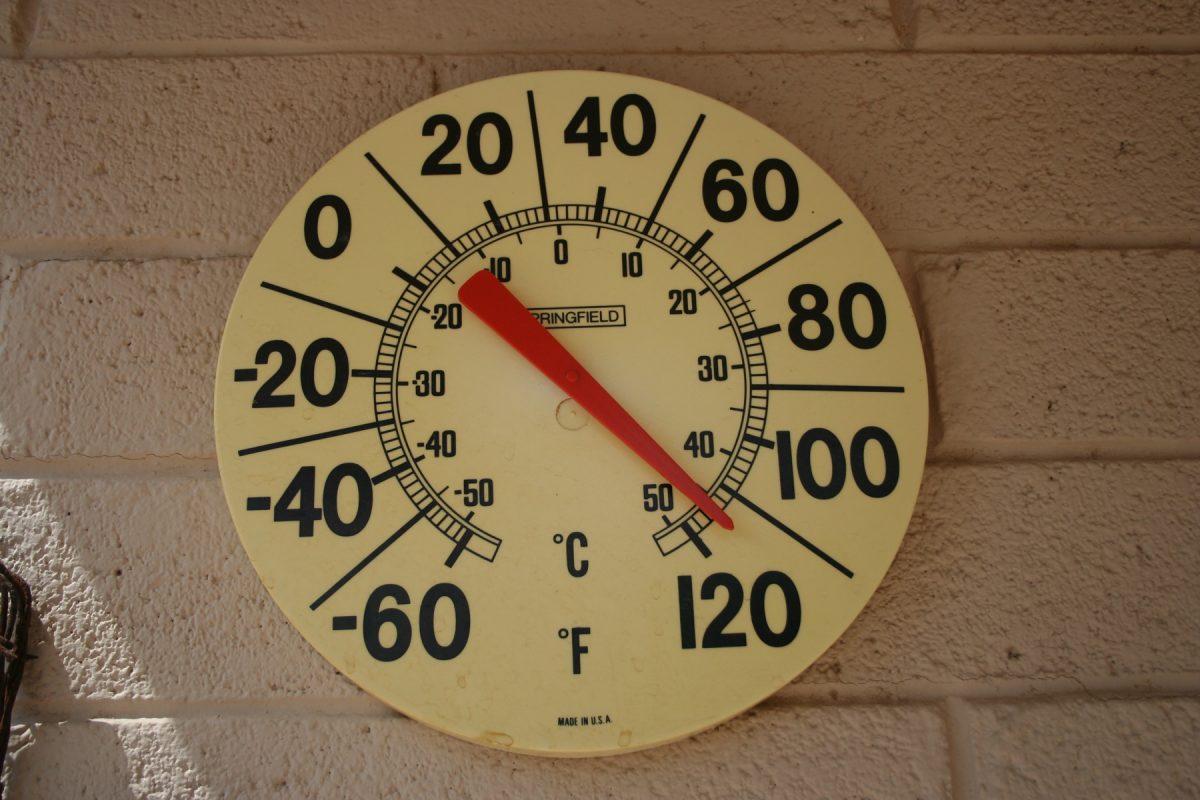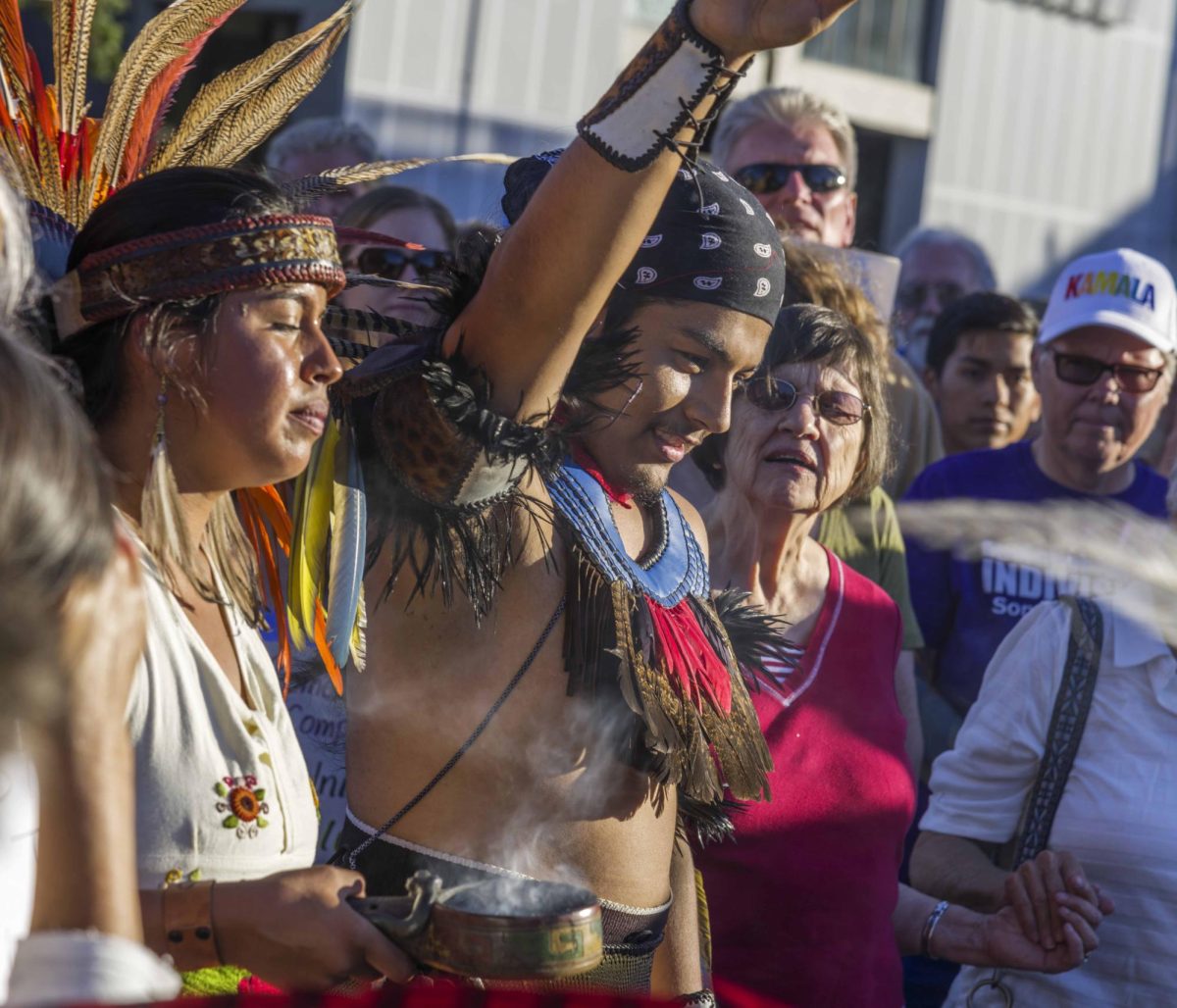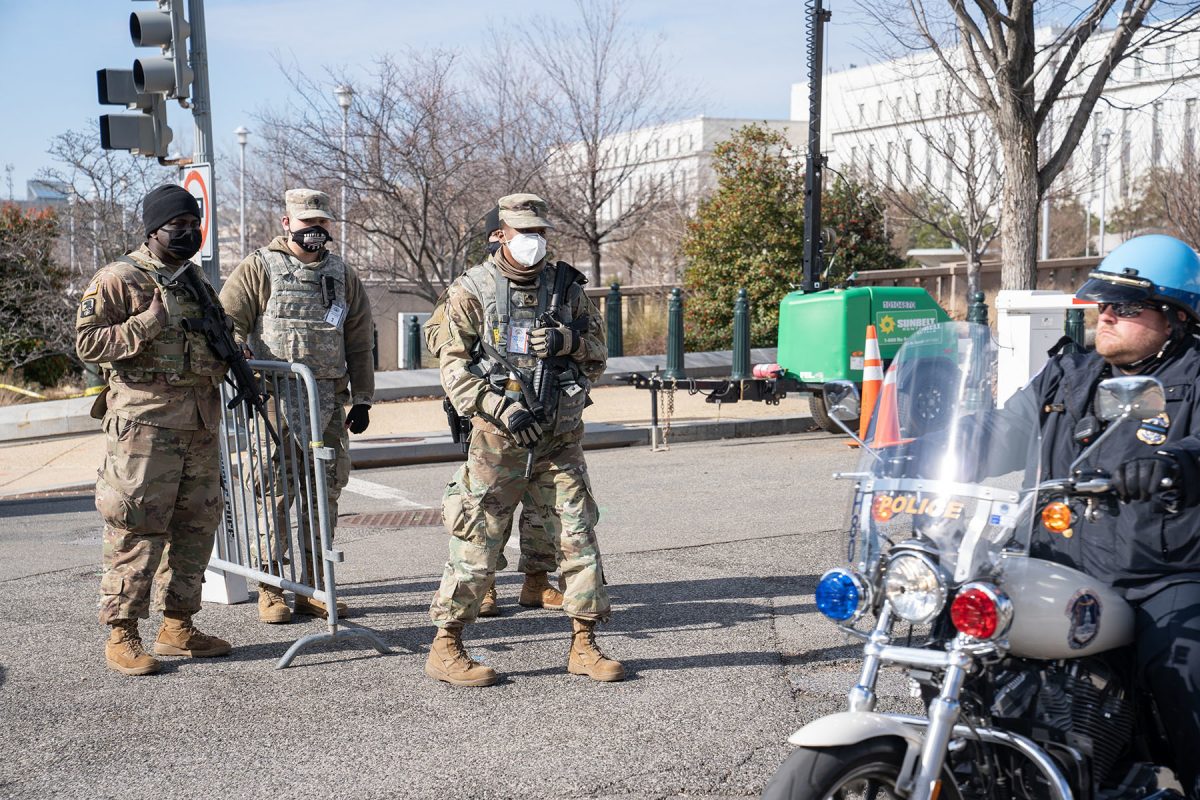Arizona officials and environmental groups are bracing for the impact of President Donald Trump’s sweeping changes to energy and environmental policies, announced in his first 10 days in office. The executive actions have included withdrawing the United States from the Paris Climate Agreement, rolling back clean energy incentives, and expediting fossil fuel projects.
The policy shifts come as Arizona faces record-breaking heat and prolonged drought. Phoenix shattered extreme heat records last year and has gone nearly 150 days without rainfall.
Despite the federal rollback, Phoenix Mayor Kate Gallego said the city remains committed to climate action.
“The cost of inaction is simply too high,” Gallego said.
“For Phoenix — which shattered extreme heat records last year and hasn’t seen rainfall in nearly 150 days — a lack of federal action to curb emissions and reduce harmful pollution will have lasting, adverse effects, some of which we’re already experiencing.”
Renewables in Limbo
Arizona, a national leader in solar energy adoption, may face hurdles as the Trump administration shifts focus back to fossil fuels. The potential rollback of clean energy incentives has created uncertainty for state officials and renewable energy advocates.
“It’s been chaotic and confusing,” Maren Mahoney, director of the Arizona Governor’s Office of Resiliency told the New York Times. The state received a $156 million Environmental Protection Agency grant last year to deploy 61 megawatts of solar energy, with a focus on low-income and tribal communities.
Environmental Deregulation Concerns
The administration’s push to expedite energy projects could relax environmental regulations, sparking concerns about Arizona’s natural landscapes, including protected areas near the Grand Canyon.
Amber Reimondo, energy director with the Grand Canyon Trust, said the organization is prepared to push back if the administration targets environmental protections.
“We’re hopeful that folks in the administration will see that this is not a worthwhile endeavor,” Reimondo said. “But if they do, the trust, our partners and so many in the Arizona communities will be ready to push back against them.”
Local Leaders Take a Stand
Environmental advocates and community leaders fear that the rollback of environmental justice efforts will disproportionately impact Arizona’s low-income and tribal communities, which are often more vulnerable to pollution and climate-related risks.
Gallego said Phoenix will continue efforts to reduce emissions and invest in climate solutions, regardless of federal policy.
As Arizona leaders and communities grapple with the changing federal landscape, state and local efforts to address climate change and protect natural resources are expected to continue, even in the absence of federal support.


